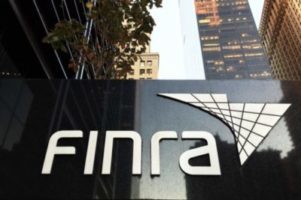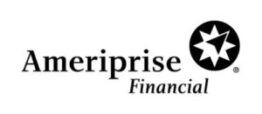
Royal Alliance Associates a securities broker dealer headquartered in Jersey City New Jersey has been censured and fined $400,000.00 by Financial Industry Regulatory Authority (FINRA) based upon consenting to findings that the securities broker dealer neglected to supervise its business practices to protect against theft of customer assets. Letter of Acceptance Waiver and Consent No. 2017056769402 (Jan. 16, 2020).
According to the AWC, from October of 2009 to July of 2017, a New Jersey based Royal Alliance stockbroker, Gary John Basralian, stole from the securities broker dealer’s customers, one of which was a disabled widow. Apparently, forged wire transfer requests forms had been used by the stockbroker to effect $1,262,000.00 in wire transfers from Customer A’s account to a company account under the stockbroker’s ownership and control. The AWC stated that the company’s information matched the office address of the stockbroker.
FINRA stated that sixty wire transfers were effected in total by the New Jersey stockbroker. Most of these transfers listed the customer’s name on the transaction but the funds were still transferred to the company’s account. Royal Alliance Associates neglected to carefully review these transactions, and if they had reviewed them, they would have noticed that the transactions were effected in violation of its own procedures. The securities broker dealer also failed to notice the red flags relating to the account numbers which were linked to the stockbroker.
The AWC additionally stated that the stockbroker impermissibly utilized third party checks to steal money from Customer A. Specifically, three requests were forged by the stockbroker which resulted in $75,000.00 being transferred to an unknown entity from the customer’s account. Also, the stockbroker stole $25,000.00 from Customer B by directing Customer B’s funds to the company account.
The AWC also indicated that from June of 2013 to June of 2017, a second Royal Alliance stockbroker from Massachusetts stole customer funds. That stockbroker made use of forged wire transfer request forms to pull $2,000,000.00 from Customer C’s account. Apparently, the stockbroker directed sixty-five transfers to a company bank account which she controlled.
Contrary to Royal Alliance’s policies, its personnel designated these transactions as first party transfers. The securities broker dealer failed to notice red flags indicated by the bank account nearly matching the name which the stockbroker did business under.
In fact, in one instance, after the securities broker dealer grew suspicious of a transaction and questioned the stockbroker, it took the stockbroker’s word without contacting the customer.
Royal Alliance failed to detect the stockbroker’s activities even after the stockbroker provided a false LLC operating agreement from a fax using a letterhead of the stockbroker’s business which nearly matched the name of the purported LLC created by Customer C. In reality, the LLC was not owned by Customer C; the company was controlled by the stockbroker. The AWC also referenced that $325,000.00 had been stolen by the Massachusetts stockbroker from Customer D after that customer was steered towards writing two checks out to the LLC at the stockbroker’s behest.
FINRA determined that Royal Alliance’s actions were violative of FINRA Rules 3110 and 2010.








